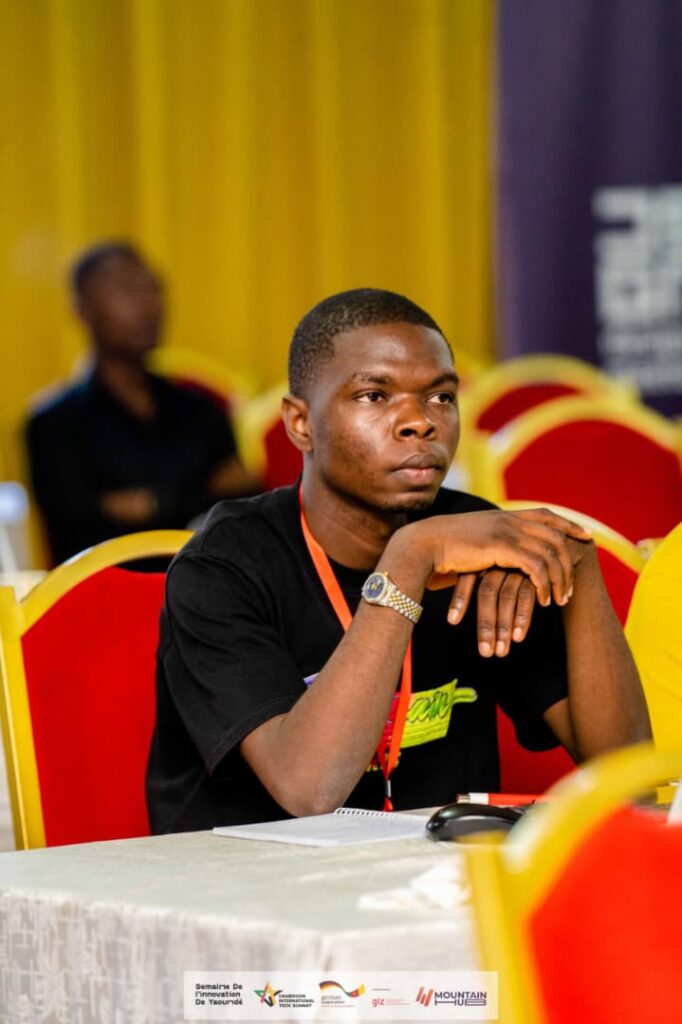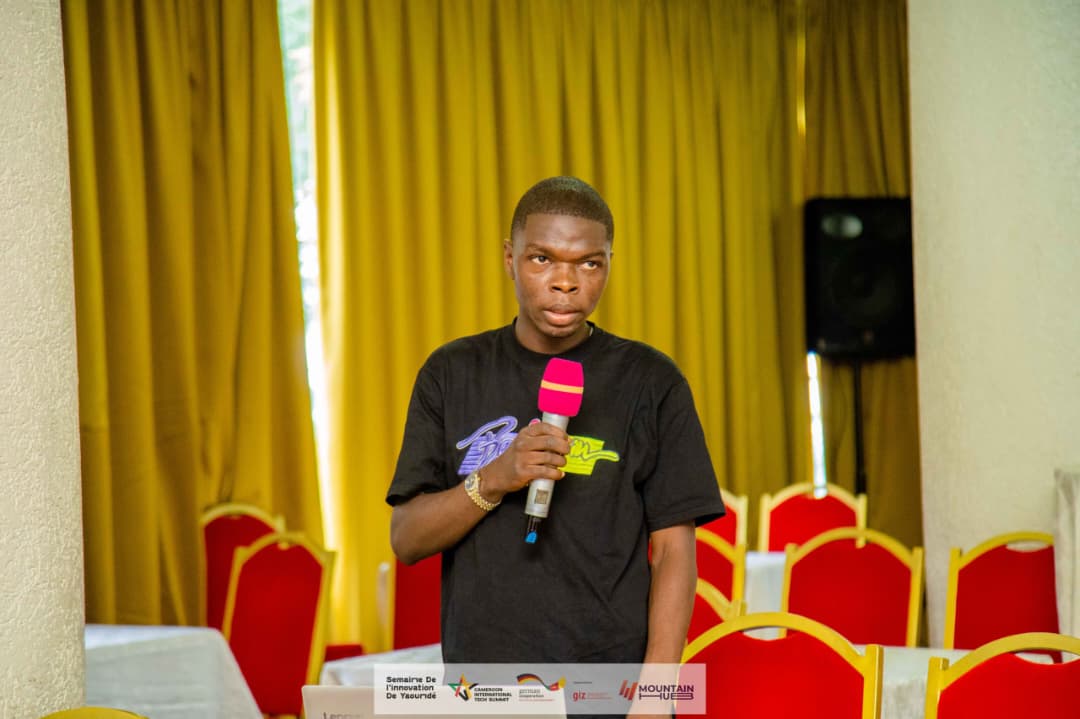In Cameroon, where reliance on imported technology remains rife, a 24-year-old prodigy, Yaya Waliyudini, is spearheading a movement to develop home-grown solutions, challenging the nation’s dependence on foreign tech firms.
Despite a steady stream of graduates from Cameroon’s top tech universities, the country continues to lean heavily on foreign technology. Last year, for instance, the government contracted an overseas firm to produce national ID cards, as well as passports — stark examples of this ongoing trend. This dependence has sparked concerns about a disconnect between Cameroon’s education system and the demands of its job market, as well as the needs of the country as a sovereign nation.
Yet, a beacon of change is emerging. Yaya Waliyudini, hailing from Ndu in Cameroon’s Northwest region, is determined to rewrite this narrative. “We’re training engineers here, yet we import systems from abroad,” he says. “When our universities need software, they pay foreign contractors. It begs the question: are we equipping our students for the real world?”
Waliyudini critiques the focus on rudimentary curricula in Cameroonian universities, pointing out that graduates often produce subpar systems. “Take the ID card system—it was developed overseas. Why aren’t we looking to our own talent?” he asks. Instead of dwelling on the problem, he’s taken matters into his own hands, founding Nexbyt Technology to empower local businesses and engineers.
From Village Dreams to Tech Innovation
Waliyudini’s passion for technology was ignited in his childhood village of Wowo, where he dreamt of building transformative inventions. At 13, he began studying computer science, quickly grasping the intricacies of complex systems. He soon noticed a troubling pattern: Cameroonian institutions were relying on outdated, foreign-built software, with updates often prohibitively expensive due to currency disparities.
“Most software we use is outsourced,” he explains. “The high costs of updates, compounded by the dollar-FCFA exchange rate, leave many businesses stuck with obsolete systems.” Determined to address this, Waliyudini launched Nexbyt Technology in 2022, rebranding from his earlier venture, Walis Media, to focus on scalable, local solutions.
Nexbyt Technology is driving a tech revolution in Cameroon. Its flagship product, Empowa360, offers an enterprise customer relationship management platform to streamline client management. The Vigilant Board enhances online privacy and security, while Next Lab, a dedicated software engineering laboratory, fosters innovation and validates new technologies.
“We’re building intelligent, scalable systems to simplify complex challenges and make technology accessible and sustainable,” Waliyudini says. Nexbyt’s services span AI, cybersecurity, fintech, web development, digital marketing, and SEO, positioning it as a leader in Cameroon’s evolving digital landscape.
Empowering the Next Generation
Beyond commercial success, Waliyudini is committed to nurturing future talent. Nexbyt offers training and internships to students from institutions like the University of Buea, Bamenda, Maxwell Training Douala, and the Intelligence University in Yaounde. His impact was evident when he mentored four students from the Yaounde International Business School to compete in a 42 Hackathon, earning a spot among Cameroon’s top 12 teams at the Cameroon International Tech Summit.
Waliyudini’s influence extends internationally, with companies like Africo and Afriqmart tapping into Nexbyt’s expertise. His efforts have not gone unnoticed—Nexbyt was recently honoured by Cameroon’s Minister of Youth Affairs and Civic Education for its transformative impact.

A Bold Vision for the Future
Despite the challenges of forging an independent path, Waliyudini remains optimistic. He envisions Nexbyt becoming “Africa’s next Google” within a decade. “It’s a tough journey, but we’re proving that Cameroon has the talent to create world-class solutions,” he says.
Through his innovative leadership, Waliyudini is not only curbing Cameroon’s reliance on foreign technology but also inspiring a generation to build a self-sufficient, tech-driven future.
By Njodzeka Kernyuy

